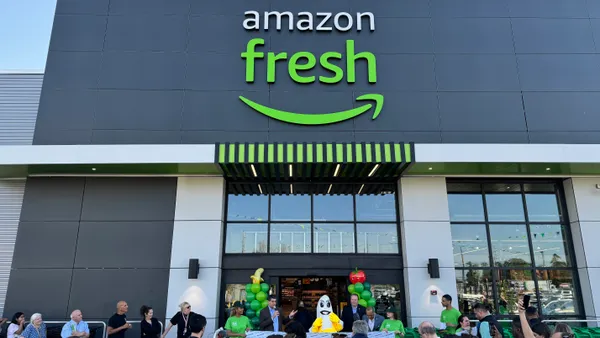Dive Brief:
- Millennials are happier with and more knowledgeable about their health plans than older workers, Employee Benefit News reports. That's according to a new survey from the Employee Benefit Research Institute (EBRI), a nonprofit research organization, based on responses from 3,590 adults, ages 21 to 64, with employer-sponsored health coverage.
- The report found that, compared with Gen Xers and boomers, millennials were more likely to ask for a generic form of medicine (47%), manage healthcare expenses through a budget (35%) and check their plans to ensure coverage (57%).
- Millennials are more tech-savvy than older generations, but boomers have more experience selecting healthcare plans and interacting with the health system, according to the study. Boomers are also more likely to stick with the same health plan.
Dive Insight:
The results of the EBRI survey make sense given millennials' preferences when it comes to plan design, particularly high deductible health plans (HDHPs). Naturally, the process of distinguishing between different plans and managing a health savings account (HSA) requires a hands-on approach on the part of the employee.
HDHP adoption is generally on the rise, especially for 'backbone' industries like manufacturing, healthcare and retail. Although the survey suggests millennials are more knowledgeable about their care, experts agree that benefits communication should be improved across the board, even with respect to how HSA funds are spent.
A critical knowledge gap exists among U.S. employees when it comes to benefits education. This compounds the problems presented by a complicated healthcare system that encourages consumerism despite the fact that being a healthcare consumer requires more time (and more stress) than a majority workers have to spare.
Employee wellbeing is absolutely essential to business performance, and the sooner HR practitioners convince the C-Suite of this fact, the better. At the 2017 NBGH BHA conference, benefits leaders stated their confidence in emerging tech tools and engagement solutions, including "wellbeing navigators" — real human beings who develop personal relationships with employees, save them money and help them navigate care paths.
Such solutions are increasingly essential to making good healthcare decisions. Benefits technology has finally evolved to the point that employee healthcare can be a manageable task rather than a confounding one. It's high time HR executives took notice of this fact.











